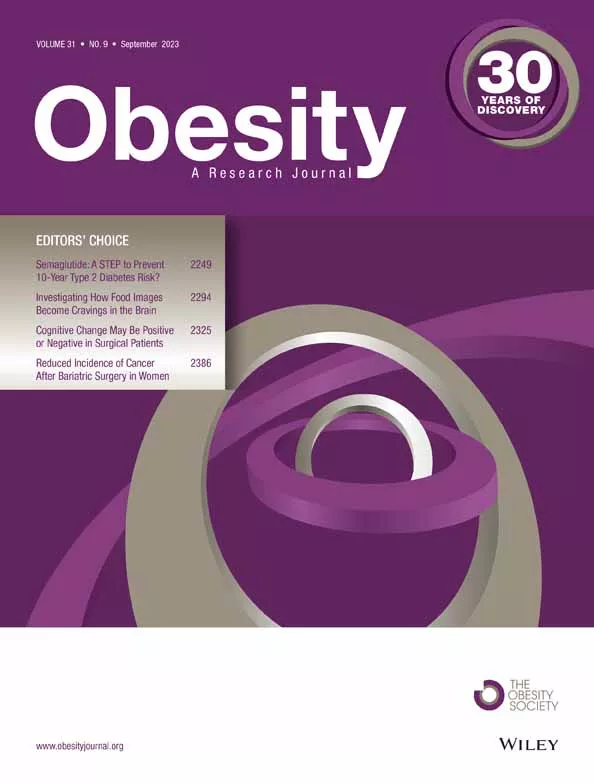Dr. Christoph Höchsmann recently published a research article titled “Initial weight loss and early intervention adherence predict long-term weight loss during the Promoting Successful Weight Loss in Primary Care in Louisiana lifestyle intervention”.
This secondary analysis of data from the Promoting Successful Weight Loss in Primary Care in Louisiana (PROPEL) trial was conducted in cooperation with other researchers from Pennington Biomedical Research Center and found a strong association between initial weight loss (i.e., in the first 2, 4, and 8 weeks of the trial) and medium-to-long-term weight loss at 6, 12, and 24 months of the trial. This was the first trial to show such a relationship in an intensive lifestyle intervention delivered to an underserved population with obesity in primary care. Initial self-weighing and particularly adherence to the predicted weight loss trajectory further improved the prediction models, but the improvements were small.
These results highlight the importance of getting participants off to a good start in intensive lifestyle interventions by ensuring early program (diet, physical activity, calorie restriction) and behavioral (self-weighing) adherence to maximize initial weight loss. The results further demonstrate the benefits of the weight graph approach in pragmatic weight loss interventions that allows early identification of individuals who may perform poorly and need additional support for long-term weight loss.
For more information, the full text is available here.
